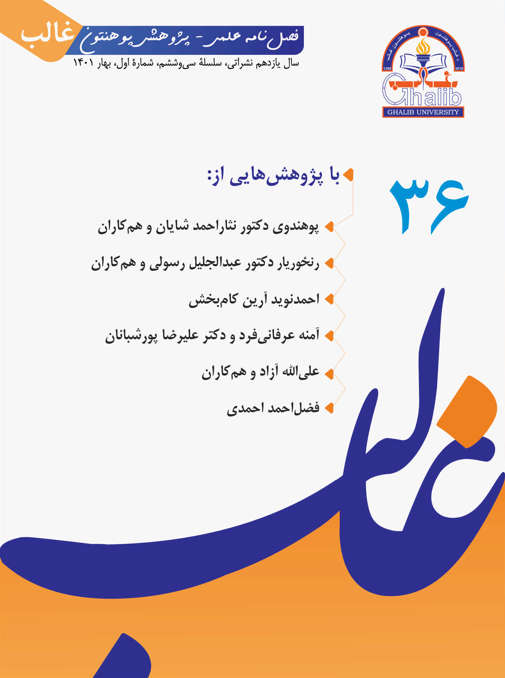6. The status of international treaties in the Afghan legal system
(2001 – 2022)
DOI:
https://doi.org/10.58342/.v11i36.33Keywords:
treaty, acceptance, method, legal system, internationalist and statist.Abstract
Attracting international treaties is one of the major needs of governments in the contemporary world. Hence, every state attracts international treaties according to the necessity of international biology and the preservation of national interests and international values. While many treaties violate treaties, on the other hand, one of these treaties carries certain rules that are required to be implemented in domestic legal systems. Due to this need, the State of Afghanistan has acceded to a large number of international treaties, as indicated by the United Nations “Treaties Collections", which has one hundred and fifty-five signatures, ratifications and accessions. According to this article, The main question of this research is that considering the internationalist and statist methods in the field of attracting international treaties, which method has the Afghanistan State chosen and at the same time what status and credibility does it give to international treaties? The research method of this research is a descriptive-analytical method based on library data that after collecting information and using existing laws, the subject and issue are analyzed. The results of this study indicate that the practical approach of the State of Afghanistan towards the acceptance of international treaties is not exactly in accordance with any of the views expressed. While the Afghanistan State's approach to attracting international treaties is an internationalist vision, it has acted in a state-centered manner in determining the status of treaties and implementing them. However, in many cases no procedure can be determined.
Downloads
Published
Versions
- 2022-08-07 (3)
- 2022-08-07 (2)
- 2022-08-04 (1)
How to Cite
Issue
Section
License

This work is licensed under a Creative Commons Attribution-NonCommercial-NoDerivatives 4.0 International License.













